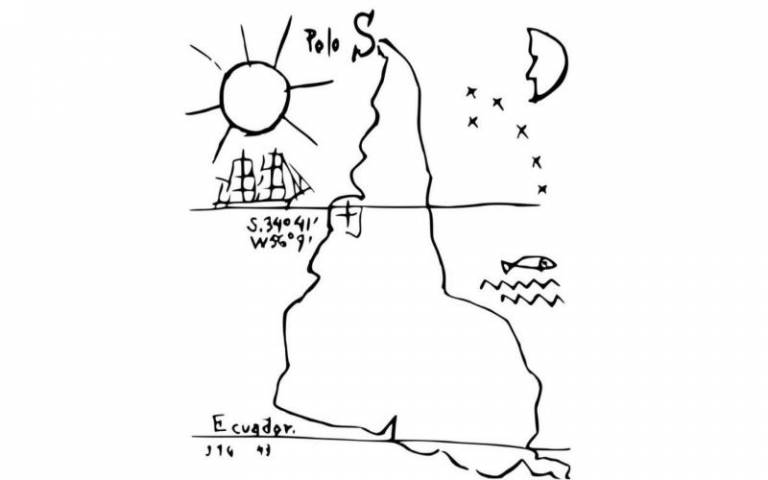Deforestation, Grass-Cutting Ants, and Multispecies Landscape Change in Postcolonial Brazil
25 January 2022, 5:30 pm–7:00 pm

An event part of the IHR Latin American History Seminar series
This event is free.
Event Information
Open to
- All
Availability
- Yes
Cost
- Free
Organiser
-
Institute of Historical Research
Without denying its striking destructiveness, deforestation can be seen as a socio-ecological process through which humans negotiate their place-making with the earth and its nonhuman inhabitants. In this article I combine qualitative and geospatial methods to document and analyse how forest clearing drove the range expansion of Atta ants in southeast Brazil over the nineteenth and early twentieth centuries. First, I outline the main deforestation drivers and dynamics, focusing on the connections between clearing practices and Atta habitat formation. Then, using Historical GIS methods, I examine the regional process of ‘savannisation’ and how it fuelled the expansion of two grass-cutting species. Imported African grasses such as Melinis minutiflora played a key role in the historical assemblage that both produced and was produced by the savannised landscapes. I conclude by highlighting the multispecies agential character of the Anthropocene as a product not only of human doings but of what humans enable (or prevent) other living beings to do.
All welcome – This event is free, but booking is required.
Details on how to join this session will be sent to all registered attendees 24 hours in advance. Booking will therefore close the day before the scheduled date.
UCL Institute of the Americas is delighted to collaborate with the Institute of Historical Research (School of Advanced Study, University of London) and other leading institutions in the organisation of this series
About the Speaker
Diogo De Carvalho Cabral
Assistant Professor in Environmental History at Trinity College Dublin
Dr Diogo De Carvalho Cabral was previously Newton International Fellow at the Institute of Latin American Studies, School of Advanced Study (University of London, UK), as well as a geographer in the Geography Department at the Brazilian Institute of Geography and Statistics (Brazil). He is also one of the editors of the Journal of Historical Geography. He is the author of Na Presença da Floresta: Mata Atlântica e História Colonial (Rio de Janeiro: Garamond, 2014) and co-edited with Ana Bustamante Metamorfoses Florestais: Culturas, Ecologias e as Transformações Históricas da Mata Atlântica (Curitiba: Prismas, 2016), in addition to having published dozens of book chapters and articles in specialized journals. His current research addresses the history of non-human animals, with an emphasis on their agency.
Other events in this series
 Close
Close

